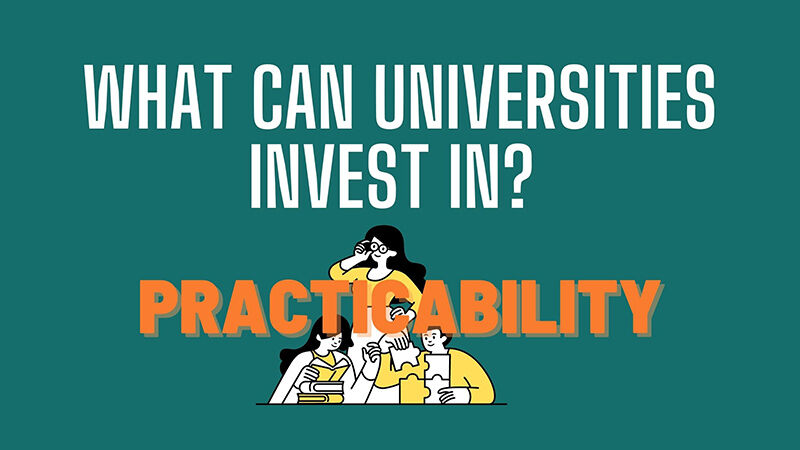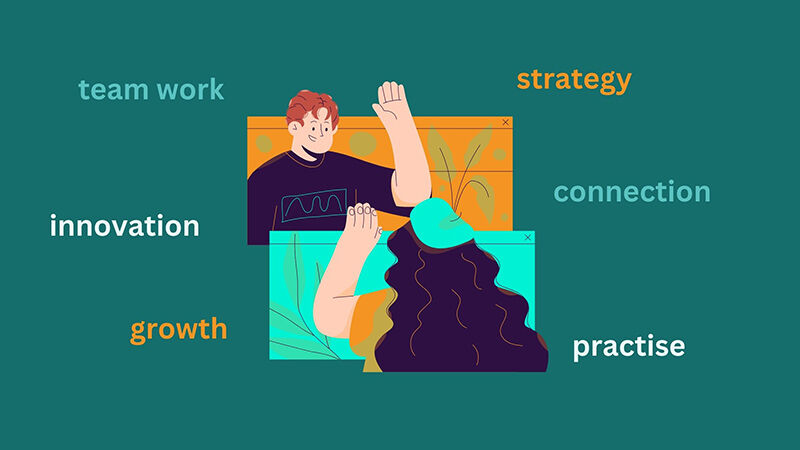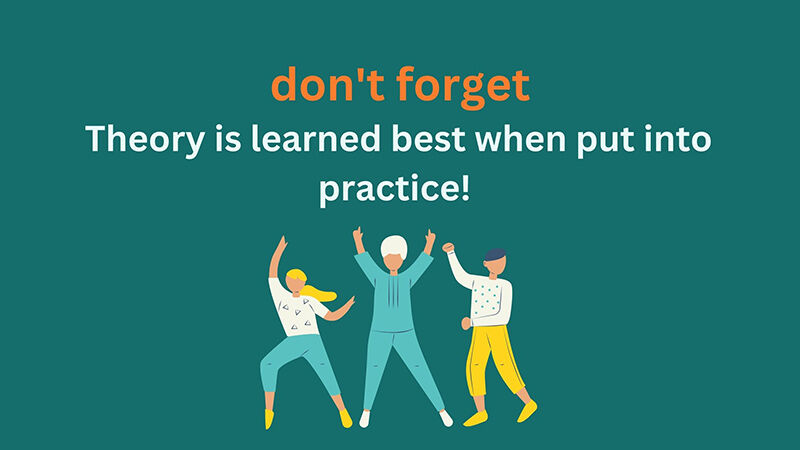What can universities invest in? Practicability!
Posted on 13 maart, 2023 by Administrator

The past few years have highlighted the importance of digitalisation in the facilitation of remote working, distance learning and virtual communication, and has led to a rapid shift towards digitisation in various sectors.
In this context, the adoption and implementation of digital technologies to ensure business continuity and learning outcomes has presented universities and enterprises with unprecedented challenges. The result of this transformation has been not only an improvement in operational efficiency, but also the creation of new opportunities for innovation and growth.
When it comes to universities how can they improve their digitalisation?
As universities compete to deliver the highest quality learning to their students, it's important to consider making an investment in practical learning techniques which will give students valuable skills and knowledge to use in practice. One such method that has grown in popularity in recent years is simulation-based learning.
Simulation-based learning involves creating virtual environments that recreate real-life situations in which students can practice and refine their skills. There are many benefits to this type of learning and it has been shown to be highly effective in teaching students about practical subjects such as digital marketing.
Verbal explanations and theory, while useful, are often insufficient to fully grasp the complexity of practical subjects such as digital marketing. Simulations provide an immersive and engaging environment where students learn by experiencing and observing.

One of the main advantages of using simulations is that they increase the retention of information in a fun way, due to the game-like mechanics. Students who participate in simulations are more likely to remember what they have learned, compared to students who are given only theoretical knowledge. The use of simulations also encourages students to have a greater connection with the subject matter, which can help them to understand the practical applicability of what they are learning.
How to make the most of each simulation learning experience?
To make simulation-based learning effective, it's important to follow each session with a post-simulation discussion. This gives students the opportunity to ask questions, to share what they've learned, and to give feedback to their instructors.
How can simulation-based learning help students in the workplace?
Simulations allow students to practice their skills without real risks. They can observe the outcomes of their decisions without real loss, allowing them to sharpen their skills in strategic thinking, teamwork, problem solving and more. Employers value this type of learning because it prepares students for the challenges they will face in the workplace.
Why will simulations continue to be useful in 2023?
Simulations are a flexible and convenient learning option for students because they can be accessed from any device, anywhere. Institutions can customize simulations to meet their course and student needs, making it easier to provide an engaging hands-on learning experience.

Digital marketing simulations are especially important in 2023 considering that nowadays marketing is increasingly more digital. The availability and affordability of internet-connected devices such as smartphones and tablets have led to a significant shift in consumer behavior, with more people spending a significant amount of time online.
To conclude, simulation-based learning is a powerful and important tool that can help universities provide a valuable learning experience for their students.
By investing in simulations and integrating them into their courses and teaching modules, institutions can improve the quality of their education and prepare their students for success in the workplace.
